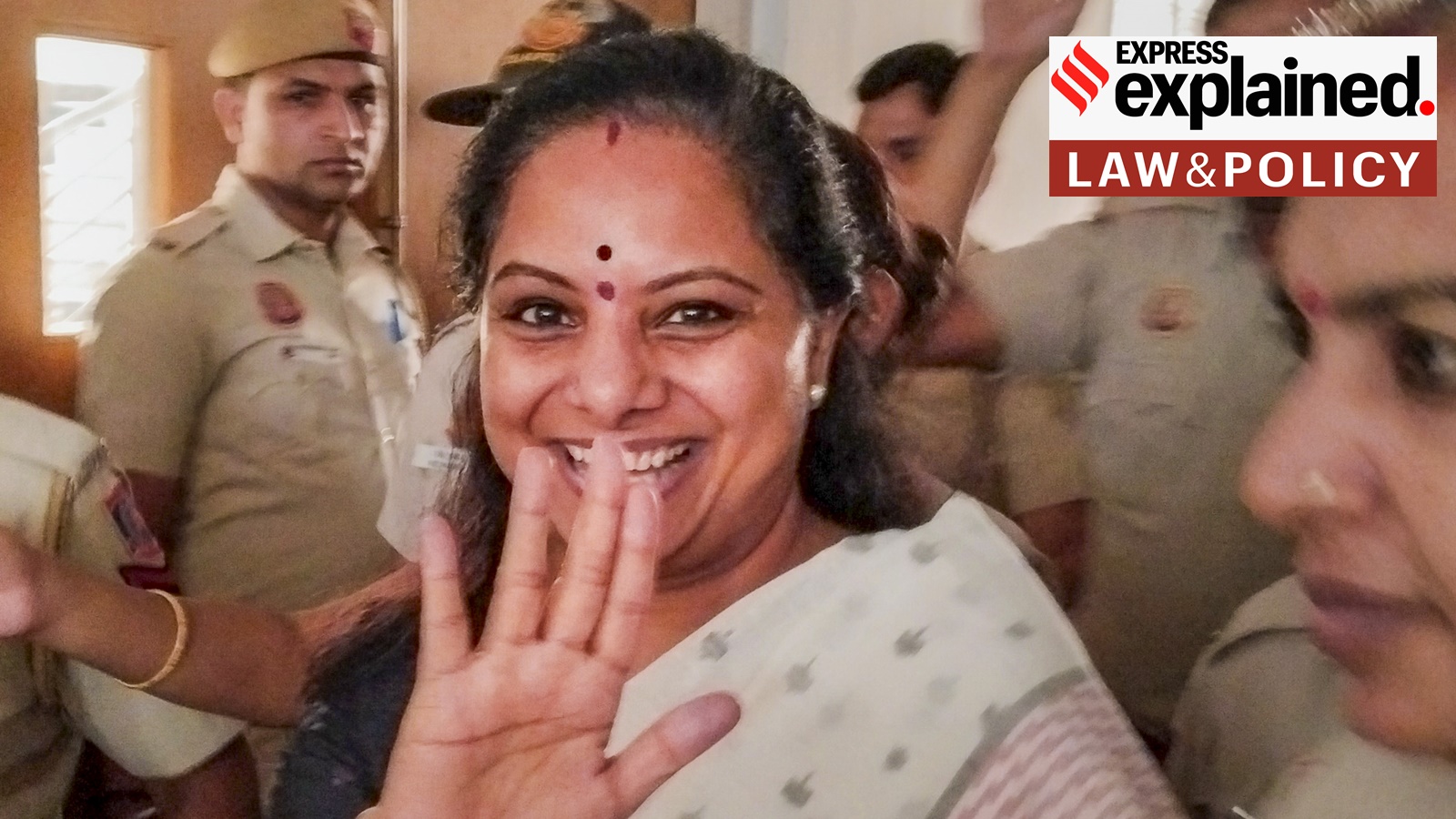 |
|
The Supreme Court of India on August 27, 2023, granted bail to K Kavitha, a leader of the Bharat Rashtra Samithi (BRS), in connection with the Central Bureau of Investigation (CBI) and Enforcement Directorate (ED) investigations into the Delhi Excise Policy case. This decision came after the Court critically assessed the reasoning behind the Delhi High Court's earlier rejection of Kavitha's bail plea in April 2023. The Delhi High Court had declined to apply a key exception for women enshrined in the bail provisions of the Prevention of Money Laundering Act (PMLA) while denying Kavitha's bail request.
The Supreme Court took issue with the Delhi High Court's assertion that Kavitha, being “well-educated,” could not be considered “vulnerable” and therefore ineligible for the exception. This reasoning, the Supreme Court asserted, could potentially create a dangerous precedent where no educated woman could qualify for bail under the PMLA. The Court emphasized that the PMLA, like other laws such as the Unlawful Activities (Prevention) Act, 1967 (UAPA), imposes a stringent bail standard, requiring the accused to demonstrate that there is no prima facie case against them when seeking bail.
Section 45 of the PMLA, which governs bail for money laundering charges, includes a crucial exception stating that individuals under sixteen, women, or those who are sick or infirm may be released on bail. This exception mirrors similar provisions in the Indian Penal Code aimed at protecting women and minors. The Supreme Court pointed to a 2023 Delhi High Court ruling in the case of Preeti Chandra, the wife of Sanjay Chandra (Director of M/s Unitech Group), where the court granted bail to the 49-year-old woman under the PMLA's exception for women. In this case, the ED had argued against the application of the exception, stating that Preeti Chandra was not a “household lady.” However, the court refuted this argument, stating that the PMLA or the Constitution does not differentiate between women based on their roles as housewives, businesswomen, or political figures. The Supreme Court's decision in Kavitha's case reflects its commitment to upholding the PMLA's exception for women and ensuring that bail decisions are not based on discriminatory assumptions about a woman's vulnerability based on her educational background or social status.
The Supreme Court's intervention highlights the importance of consistent and equitable application of legal provisions, particularly those aimed at protecting vulnerable groups. It serves as a reminder that the presumption of innocence is fundamental to the justice system, and that bail decisions should not be influenced by biases or stereotypes.
